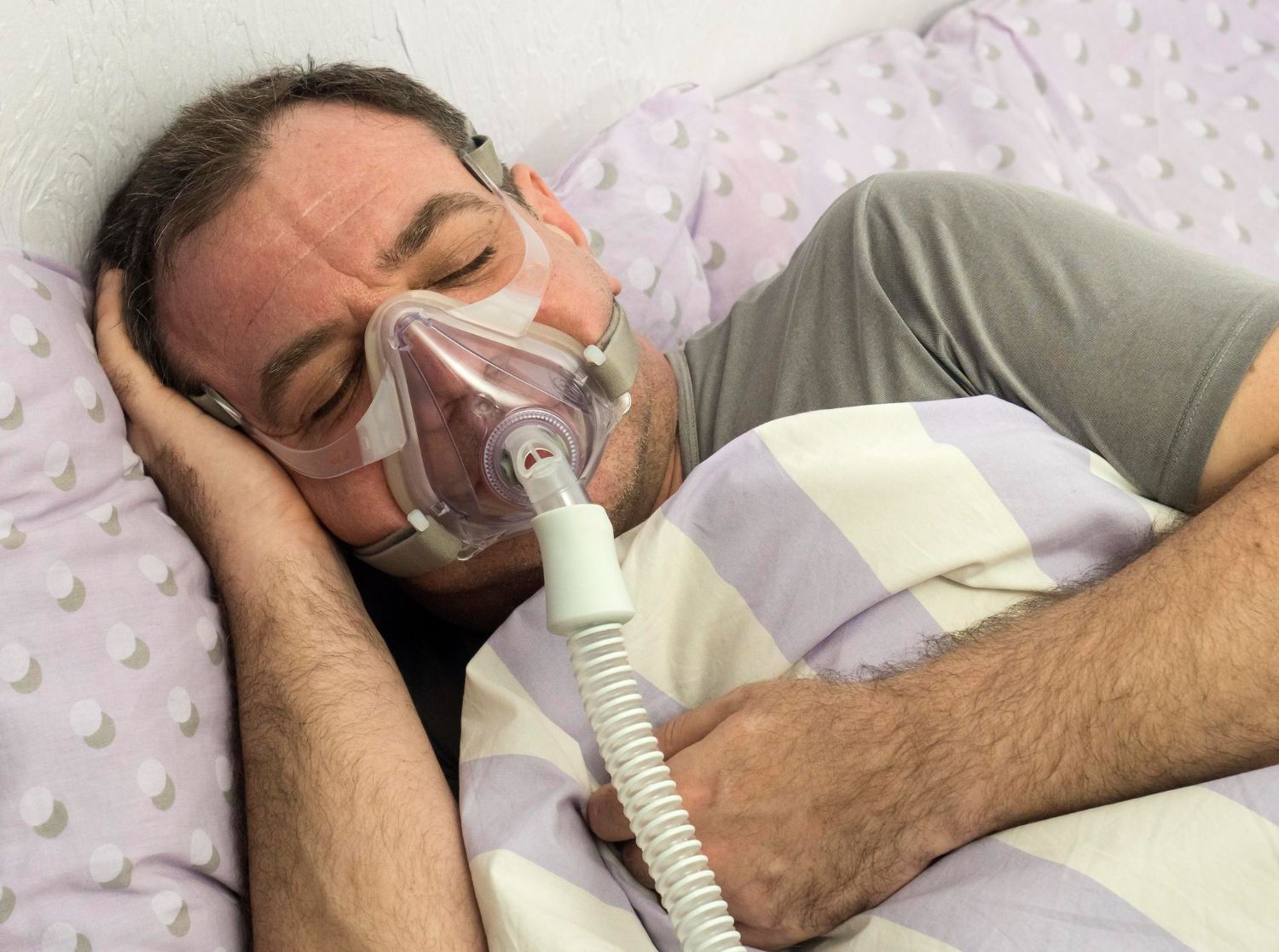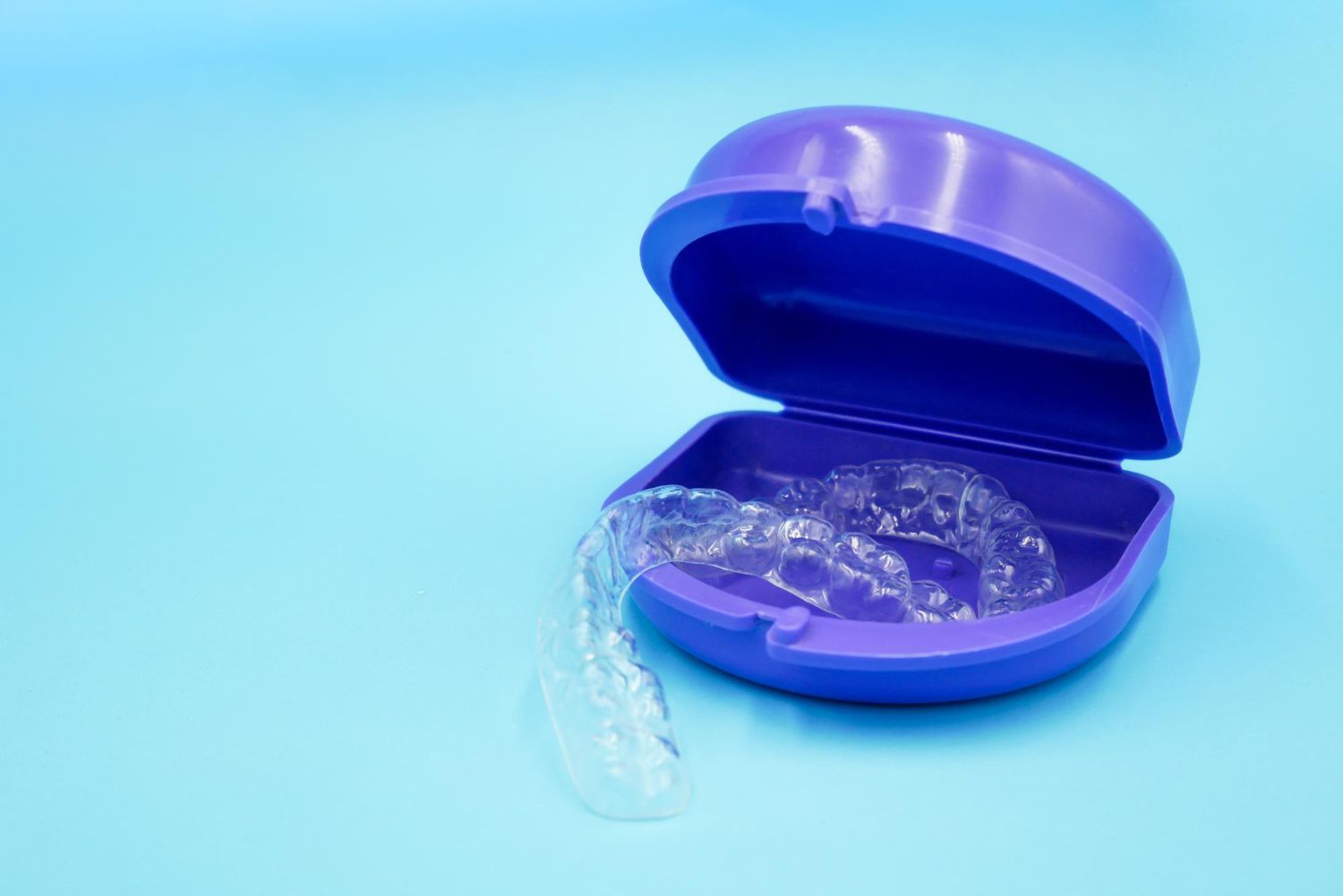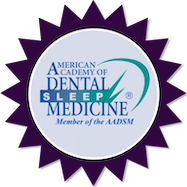Sleep Apnea and Pregnancy: Risks, Impact, and Management Strategies

Expecting mothers often experience a myriad of sleep disturbances during pregnancy, such as frequent awakenings and discomfort due to physical changes. What many women may not realize is that sleep apnea, a common sleep disorder characterized by intermittent pauses in breathing during sleep, can also develop or worsen during pregnancy. At Fullersleep, a dental sleep apnea clinic in Greensboro, North Carolina, we are dedicated to spreading awareness about the relationship between sleep apnea and pregnancy, the potential risks involved, and the effective management strategies tailored to ensure a healthy mom and baby.
Sleep apnea in pregnant women is sometimes overlooked or attributed to regular pregnancy-related sleep changes. However, it is crucial to understand that undiagnosed and unmanaged sleep apnea during pregnancy carries certain risks, such as high blood pressure, gestational diabetes, and complications during childbirth. Furthermore, the sleep disruptions and reduced oxygen levels caused by sleep apnea can lead to excessive daytime sleepiness, impacting the expecting mother's overall well-being and mental health.
In this blog post, we explore the connection between sleep apnea and pregnancy, addressing the potential risks to the mother and baby, the impact of sleep apnea on the expecting mother's quality of life, and the effective management strategies tailored for pregnant women with sleep apnea. By recognizing the signs and symptoms of sleep apnea during pregnancy and seeking appropriate care, expecting mothers can secure a healthier, well-rested experience for themselves and their little ones.
Pregnancy-Related Sleep Apnea: Risk Factors and Signs
While sleep apnea can affect anyone, certain factors increase the likelihood of developing or worsening the condition during pregnancy:
- Weight Gain: Excessive weight gain can contribute to the development or worsening of sleep apnea, so it is essential to monitor and maintain healthy weight gain during pregnancy.
- Hormonal Changes: Pregnancy-related hormonal changes can lead to fluid retention and nasal congestion, contributing to sleep apnea development.
- Pre-existing Sleep Apnea: Women with pre-existing sleep apnea might experience worsening symptoms during pregnancy.
Signs of sleep apnea in pregnancy may include:
- Heavy snoring
- Gasping or choking during sleep
- Frequent nighttime awakenings
- Excessive daytime sleepiness and fatigue
Potential Risks of Sleep Apnea During Pregnancy
Untreated sleep apnea during pregnancy can pose several risks to both the mother and the baby, including:
- High Blood Pressure: Sleep apnea can lead to elevated blood pressure, increasing the risk of preeclampsia in pregnant women.
- Gestational Diabetes: Pregnant women with sleep apnea have a higher risk of developing gestational diabetes.
- Complications During Childbirth: Sleep apnea increases the likelihood of complications such as low birth weight, premature birth, and the need for a cesarean section.
Managing Sleep Apnea During Pregnancy
Effectively managing sleep apnea during pregnancy can reduce the risks associated with the condition and improve the expecting mother's overall well-being. Some effective strategies include:
- Continuous Positive Airway Pressure (CPAP) Therapy: CPAP therapy delivers constant air pressure through a mask to prevent airway collapse during sleep, providing relief from sleep apnea symptoms. It is considered safe and effective for pregnant women.
- Positional Therapy: Sleeping on one's side can help alleviate sleep apnea in some pregnant women by preventing the airway from collapsing.
- Lifestyle and Dietary Modifications: Maintaining a healthy weight and adopting a balanced diet can minimize pregnancy-related sleep apnea development.
Seeking Professional Care and Support
Getting the appropriate care and support is essential to ensuring a healthy pregnancy with sleep apnea. Expecting mothers should:
- Consult with their healthcare provider: Inform your healthcare provider if you experience any signs of sleep apnea. They can recommend further evaluation and treatment.
- Collaborate with a sleep specialist: A sleep specialist can perform a sleep study to diagnose sleep apnea and recommend the most suitable treatment options.
- Engage in prenatal care: Regular prenatal care visits can help monitor and manage sleep apnea, ensuring the well-being of both mother and baby.
Conclusion
Understanding the connection between sleep apnea and pregnancy is crucial to safeguarding the health and well-being of both mother and child. By recognizing the signs, addressing potential risks, and implementing targeted management strategies, expecting mothers can experience a healthier, better-rested pregnancy. At Fullersleep, our team is dedicated to providing comprehensive care and support for pregnant women with sleep apnea. Contact us today to learn more about our services and take the first step toward a better night's sleep during your pregnancy.
Don't let sleep apnea control your life - take control with Fuller Sleep & TMJ Solutions! Our experienced team of dental professionals specializes in treating sleep apnea in Greensboro, NC. Contact us today to learn more about how our personalized treatment plans can help you achieve restful, healthy sleep and improve your overall quality of life. Take the first step towards better sleep - schedule your consultation today!
Disclaimer:
Our blog articles serve to educate readers about various treatment options for sleep apnea and TMJ disorders. It's important to understand that while we discuss multiple treatments in our posts, not all of these options may be accessible at our clinic. We encourage you to reach out and schedule a consultation with us. This way, we can carefully devise a personalized treatment plan that caters to your specific needs.













